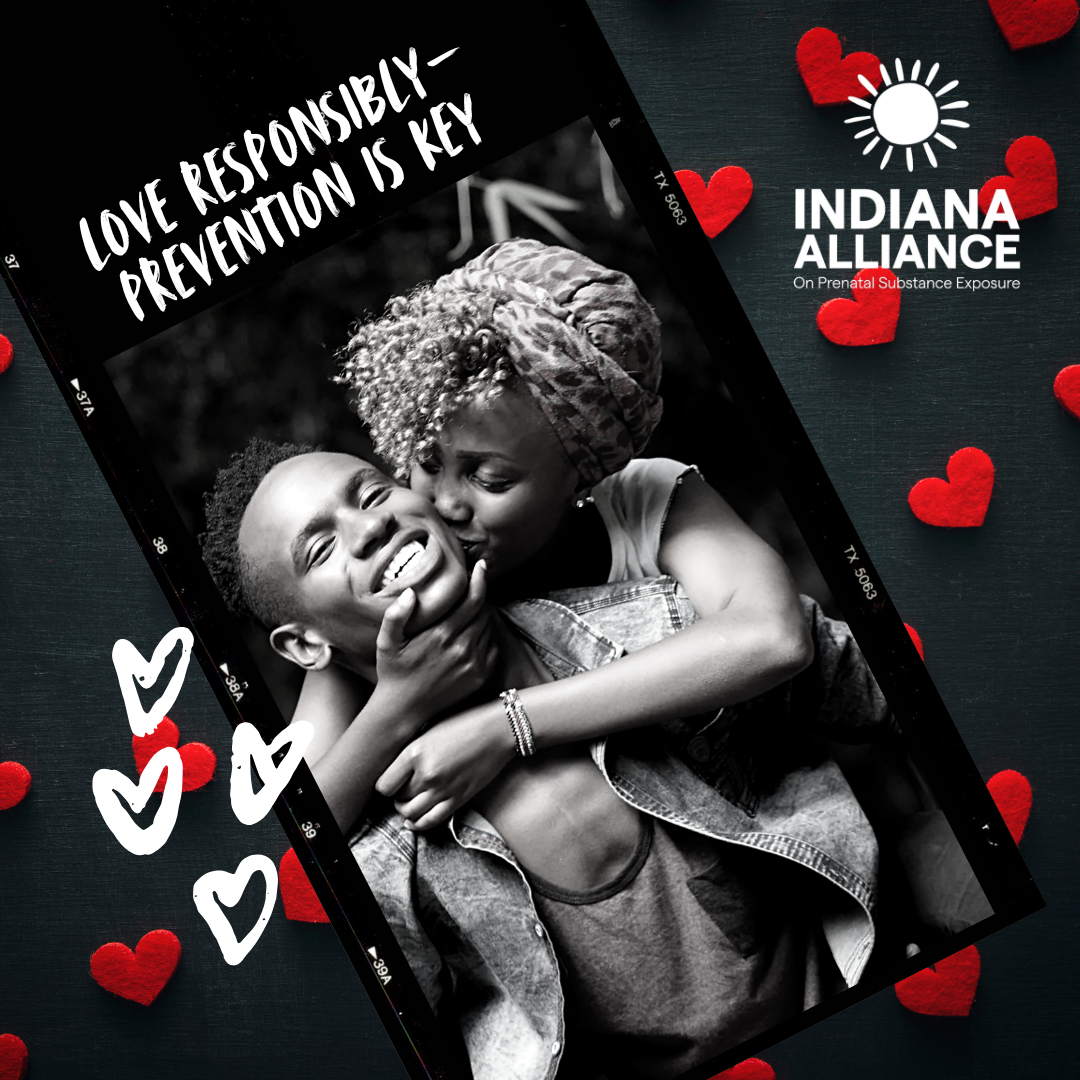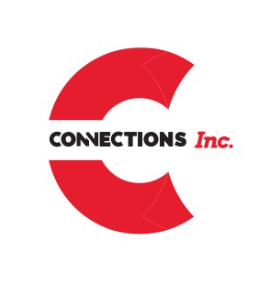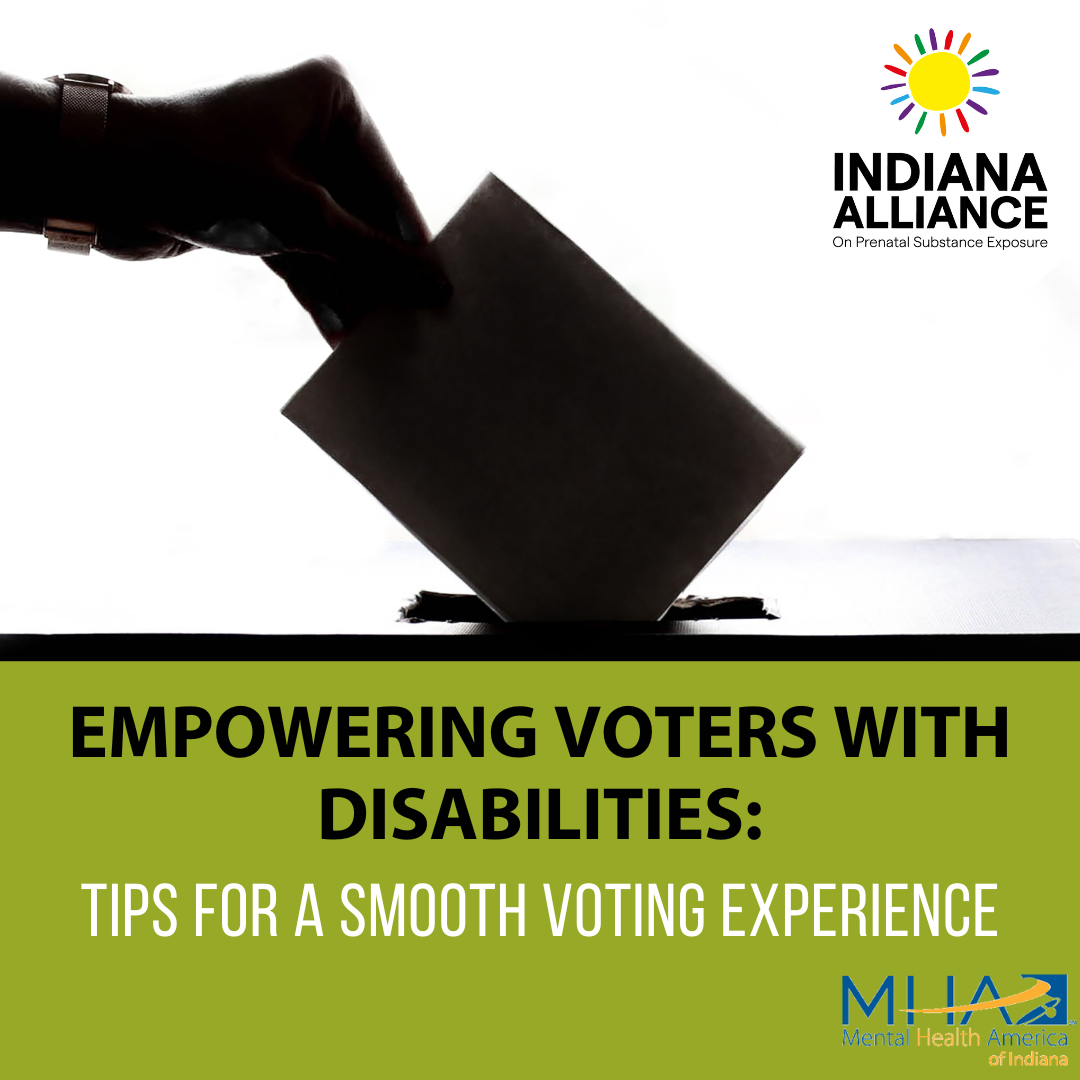
KEY POINTS
- NAS is a group of conditions caused when a baby withdraws from certain drugs he’s exposed to in the womb before birth.
- NAS most often is caused by drugs called opioids. Tell your prenatal provider about any opioid you take, even if it’s prescribed by another provider.
- If you’re pregnant and taking opioids, talk to your provider before you stop taking them. Stopping opioids too quickly can harm you and your baby.
- Even if you use an opioid exactly as your health care provider tells you to, it may cause NAS in your baby.
- If you’re not pregnant and you’re using opioids, use birth control until you’re ready to get pregnant. This can help prevent NAS in your baby.
What is neonatal abstinence syndrome?
Neonatal abstinence syndrome (also called NAS) is a group of conditions caused when a baby withdraws from certain drugs he’s exposed to in the womb before birth. NAS is most often caused when a woman takes drugs called opioids during pregnancy. When you take these drugs during pregnancy, they can pass through the placenta and cause serious problems for your baby. The placenta grows in your uterus (womb) and supplies your baby with food and oxygen through the umbilical cord.
If you’ve been injured or had surgery, your provider may give you a prescription for opioids to help relieve pain. Prescription opioids include:
- Codeine
- Hydrocodone (name brand Vicodin®)
- Morphine (name brands Kadian®, Avinza®)
- Oxycodone (name brands OxyContin®, Percocet®)
- Tramadol
The street drug heroin also is an opioid.
Other prescription drugs that can cause NAS include:
- Antidepressants (used to treat depression)
- Benzodiazepines (sleeping pills)
If you’re pregnant or trying to get pregnant and taking any of these drugs, tell your health care provider right away.
What are signs and symptoms of NAS?
Signs and symptoms of NAS can be different for every baby. Most happen within 3 days (72 hours) of birth, but some may happen right after birth or not until a few weeks after birth. They can last from 1 week to 6 months after birth.
Signs and symptoms may include:
- Body shakes (tremors), seizures (convulsions), overactive reflexes (twitching) and tight muscle tone
- Fussiness, excessive crying or having a high-pitched cry
- Poor feeding or sucking or slow weight gain
- Breathing problems, including breathing really fast
- Fever, sweating or blotchy skin
- Trouble sleeping and lots of yawning
- Diarrhea or throwing up
- Stuffy nose or sneezing
If your baby has signs or symptoms of NAS, call her provider right away. Your baby’s signs and symptoms of NAS depend on:
- What drug you used during pregnancy, how much you used and how long you took it
- How your own body breaks down the drug
- If your baby was born prematurely (before 37 weeks of pregnancy)
What complications can neonatal abstinence syndrome cause for your baby?
In addition to the signs and symptoms, NAS makes your baby at increased risk of:
- Low birthweight. This means your baby is born weighing less than 5 pounds, 8 ounces.
- Jaundice. This is when your baby’s skin and eyes look yellow. It’s caused when your baby’s liver isn’t fully developed or working.
- Needing to stay in the newborn intensive care unit (also called NICU) after birth. The NICU is the nursery in a hospital where sick newborns get medical care.
- Needing treatment with medicine
What can you do to help prevent NAS in your baby?
Here’s what you can do:
- If you’re pregnant and you use any of the drugs that can cause NAS, tell your provider right away, but don’t stop taking the drug without getting treatment from your provider first. Quitting suddenly (sometimes called cold turkey) can cause severe problems for your baby, including death. If you need help to quit using these drugs, talk to your provider about treatment. Getting treatment can help you stop using drugs and is safer for your baby than getting no treatment at all.
- If you’re pregnant and addicted to opioids, ask your provider about medication-assisted treatment (also called MAT). Addicted means you can’t stop using the drug without having problems. NAS in babies may be easier to treat for babies whose moms get MAT during pregnancy. Medicines used in MAT include methadone and buprenorphine.
- If you’re pregnant and you go to a provider who prescribes medicine to treat a health condition, make sure that provider knows you’re pregnant. You may need to stop taking certain medicines or change to medicine that’s safer for your baby. Ask all your health care providers if the medicine you take—even prescription drugs—can cause NAS in your baby. Even if you use a prescription drug exactly as your provider tells you to, it may cause NAS in your baby.
- If you’re pregnant or thinking about getting pregnant, tell your provider about any drugs or medicine you take. Your provider can make sure that what you’re taking is safe for you and your baby. She also can help you get treatment for using street drugs or abusing prescription drugs if you need it. If you abuse prescription drugs, it means you take more than has been prescribed for you, you take someone else’s prescription drug, or you get the drug from someone without a prescription.
- If you’re not pregnant and you use any drug that can cause NAS: Use birth control until you’re ready to get pregnant. Birth control (also called contraception or family planning) helps keep you from getting pregnant. Examples include intrauterine devices (also called IUDs), implants, the pill and condoms.
How is your baby tested for NAS?
Your baby’s provider can use these tests to see if he has NAS:
- Neonatal abstinence scoring system. This system gives points for each NAS symptom depending on how severe it is. Your baby’s provider uses the score to decide what kind of treatment your baby needs.
- Meconium test. Meconium is your baby’s first bowel movement.
- Urine test
How is NAS treated?
Your baby’s treatment may include:
- Taking medicines to treat or manage severe withdrawal symptoms. Once withdrawal is under control, your baby gets smaller doses of the medicine over time so her body can adjust to being off the medicine. Medicines used to treat severe withdrawal include morphine, methadone and buprenorphine.
- Getting fluids through a needle into a vein (also called intravenous or IV) to prevent your baby from getting dehydrated. Dehydrated means not having enough water in the body. Babies with NAS can get dehydrated from having diarrhea or throwing up a lot.
- Drinking higher-calorie baby formula. Some babies with NAS need extra calories to help them grow because they have trouble feeding or slow growth.
Most babies with NAS who get treatment get better in 5 to 30 days.
While your baby’s being treated for NAS, he may be fussy and hard to soothe. Doing these things can help calm him:
- Swaddle your baby (wrap him snuggly) in a blanket.
- Give your baby skin-to-skin care (also called kangaroo care). It’s when you put your baby, dressed only in a diaper, on your bare chest.
- Keep your baby in a quiet, dimly lit room.
- Breastfeed your baby.
More information
- Mother to Baby
- National Council on Alcoholism and Drug Dependence
- Substance Abuse Treatment Facility Locator
Credit / Sources
This article is from March of Dimes, a quarterly publication featuring topics from the world of forensic mental health. Click here for the original article.







